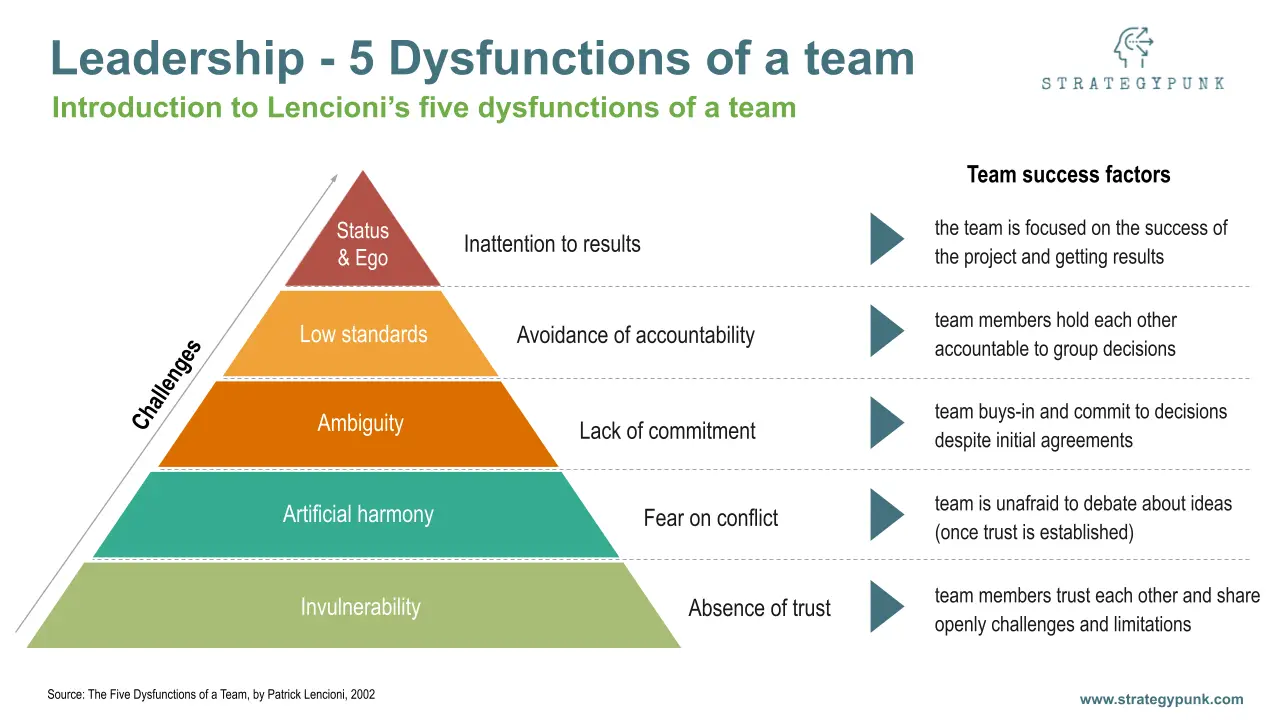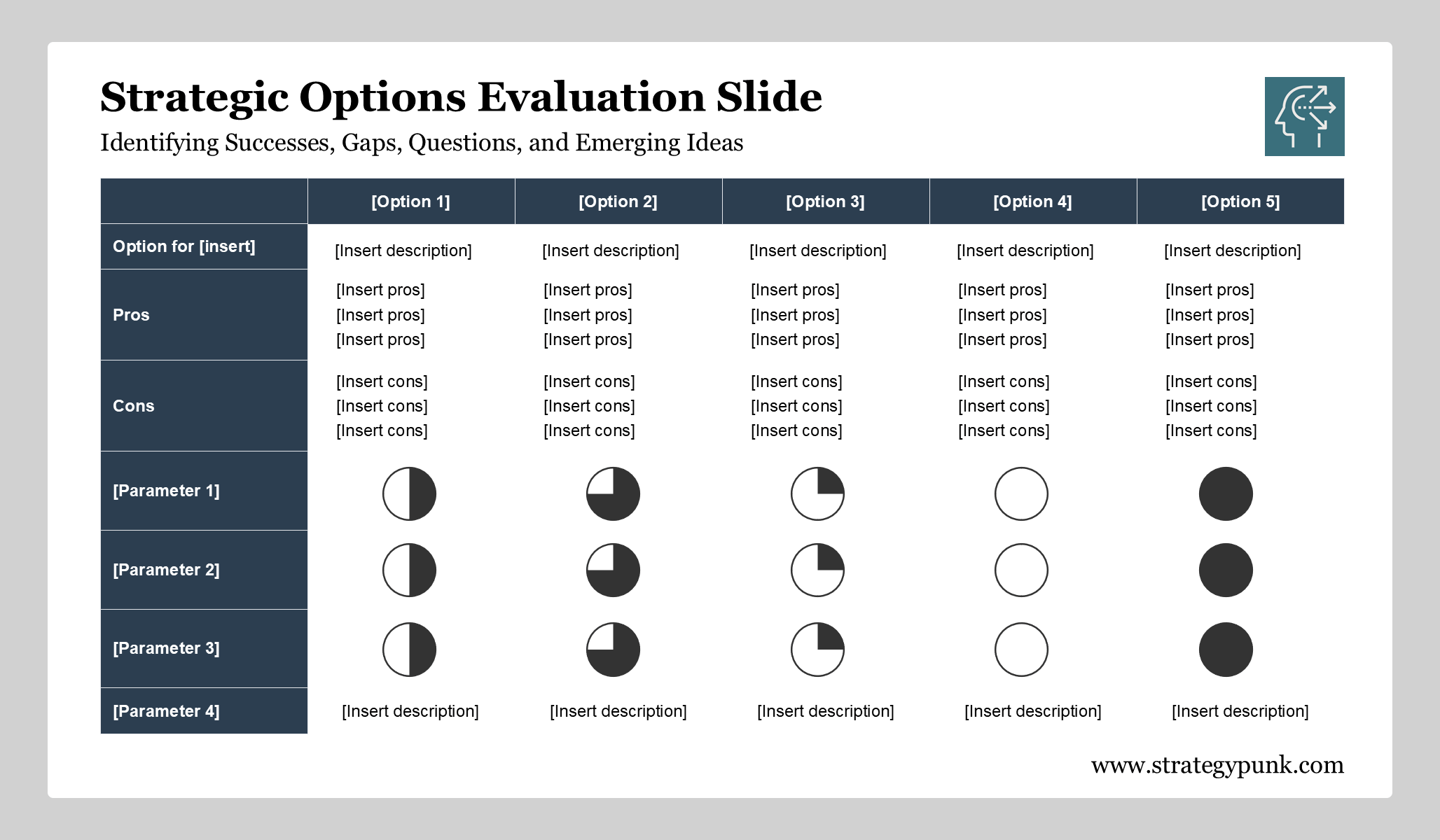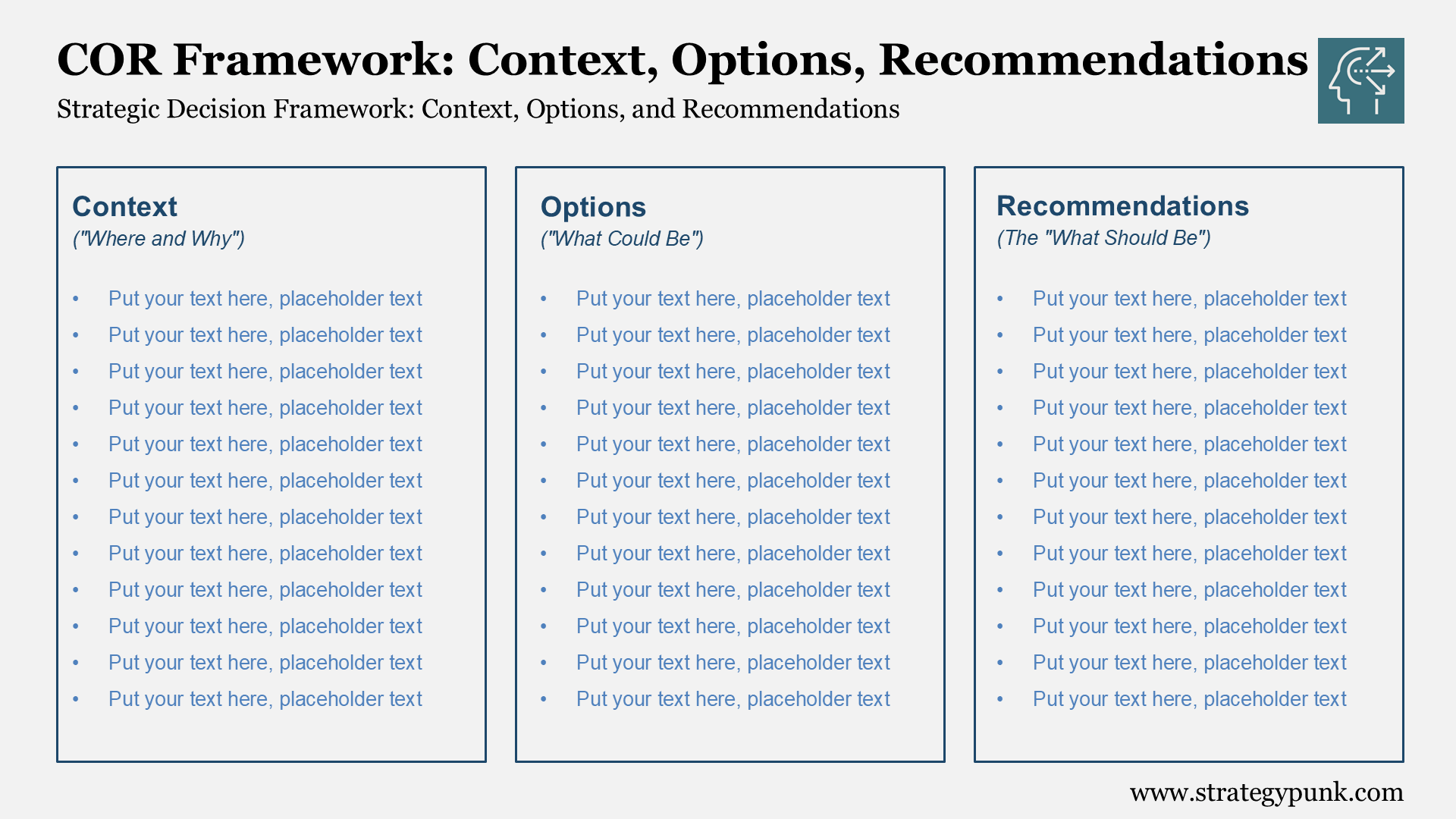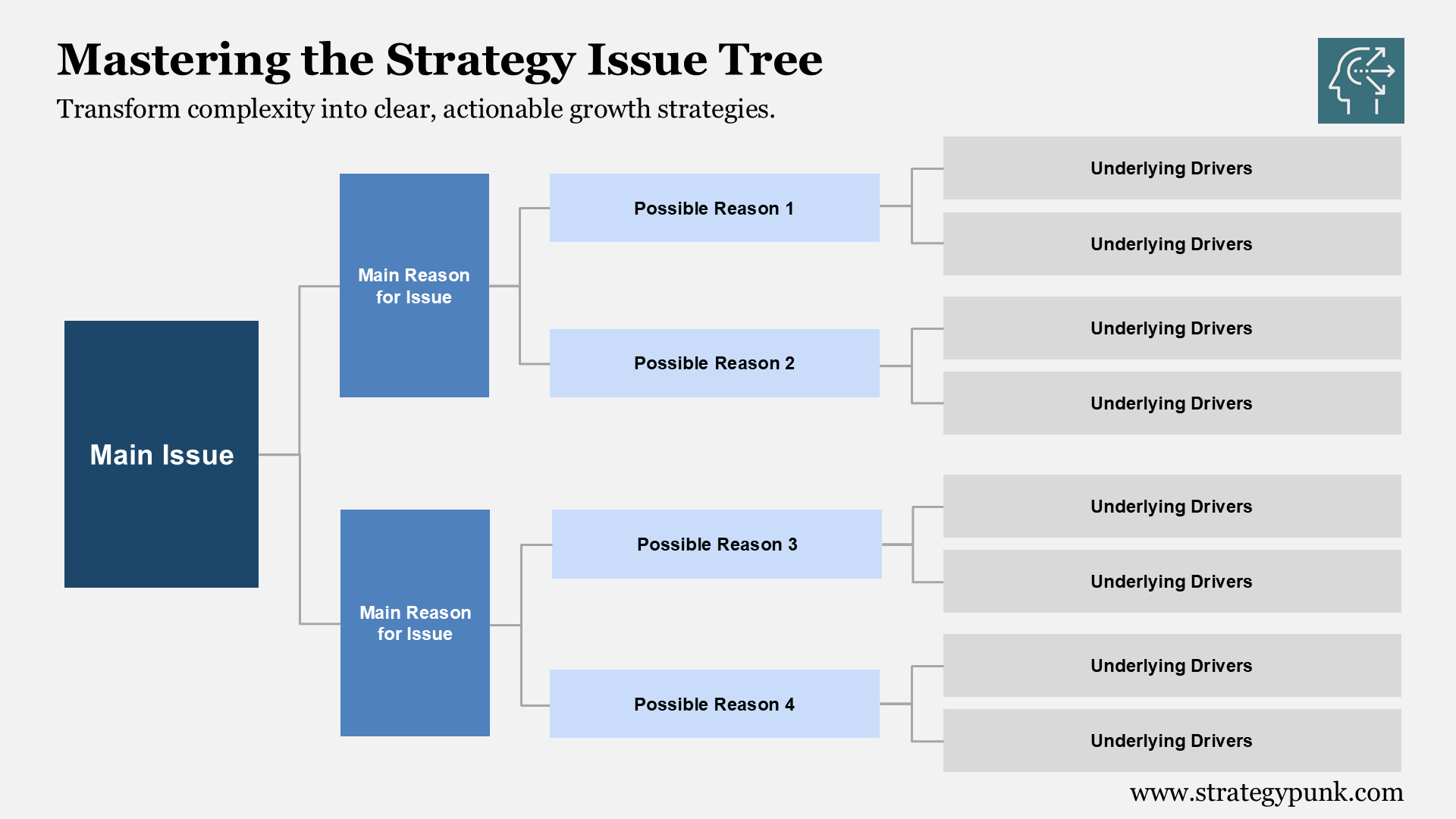Trust in Virtual Teams: Building Transparency in a Digital Age
Looking to elevate your virtual team's performance? Understand why trust and transparency are crucial and how to foster them, converting obstacles into growth opportunities. Your path to proficient virtual team management begins here.

Introduction
Building trust in virtual teams is crucial for success in a digital age. With more and more individuals working remotely, trust, communication, and transparency are essential to building strong relationships and fostering engagement. In a virtual setting, it can be challenging to establish trust, especially when team members are not physically present and rely on digital communication tools.
Misunderstandings and miscommunications can quickly occur, leading to stress, burnout, and decreased productivity. To combat this, it is essential to establish clear expectations and goals and encourage regular check-ins and collaboration. Building a transparency and empathy culture can also help foster trust and accountability within a remote team.
Leadership plays a critical role in building trust within virtual teams. Leaders are responsible for creating a supportive environment that encourages engagement and commitment, which can be achieved through effective communication, networking, and decision-making. In high-trust companies, individuals are more likely to feel satisfied with their work, take fewer sick days, and feel a stronger connection to their company culture. As the digital age continues to evolve, building trust in virtual teams will become increasingly crucial for the success of small businesses, contractors, and hybrid work arrangements.
Lencioni's Five Dysfunctions of a Team
As you navigate the world of virtual teams, you must be aware of the common pitfalls that can derail team performance. Lencioni's Five Dysfunctions of a Team is one of the most well-known frameworks for understanding team dysfunction.

The five dysfunctions are:
- Absence of Trust
- Fear of Conflict
- Lack of Commitment
- Avoidance of Team Accountability
- Inattention to Team Objectives
This section focuses on the first dysfunction: The absence of trust.
Trust is the foundation of any successful team, whether virtual or in-person. Trust is necessary for team members to be more likely to share their ideas, take risks, or ask for help when needed. This can lead to a lack of innovation, poor decision-making, and cohesion within the team.
To build trust within your virtual team, it's essential to:
- Be transparent: Share your goals, priorities, and challenges with your team. This will help them understand your perspective and build empathy.
- Communicate frequently: Regular check-ins and updates can help build rapport and establish a connection between team members.
- Be vulnerable: Share your failures and weaknesses with your team. This can help build trust and encourage others to do the same.
- Set clear expectations: Clarify your expectations for team members and hold them accountable. This can help build trust by establishing a sense of fairness and consistency.
You can create a more cohesive and effective group by addressing the absence of trust within your virtual team.

The Importance of Trust in Virtual Teams
What is Trust?
Trust is the foundation of any successful team, whether virtual or not. It is the belief that your teammates will act in your best interest and are competent to do so. Trust is built over time through consistent behavior and communication, and a team needs to function effectively.
Why is Trust Important in Virtual Teams?
In virtual teams, trust is even more critical than in traditional groups. When working remotely, individuals are more vulnerable to risks such as miscommunication, misunderstandings, and burnout. Building confidence helps to mitigate these risks and creates a more productive and collaborative work environment.
Trust is crucial in remote work because it helps to establish accountability, focus, and productivity. When team members trust each other, they are likelier to stay engaged and committed to their goals, even when working in a virtual setting. This trust also helps create a culture of collaboration, empathy, and gratitude, improving overall team satisfaction and success.
Building Trust in Virtual Teams
Building trust in virtual teams requires intentional effort and consistent communication. Here are some strategies that can help:
- Establish clear expectations and goals for the team and individual members.
- Use video calls and other digital communication tools to build trust and connection.
- Foster a culture of accountability and commitment by regularly checking in on progress and celebrating successes.
- Encourage engagement and collaboration by providing opportunities for networking and team-building activities.
- Show empathy and understanding towards team members' challenges and stressors.
- Make decisions collaboratively and transparently to build trust in leadership.
In conclusion, trust is essential for the success of any team, especially in a virtual setting. By building trust through consistent communication, accountability, and empathy, virtual teams can overcome the challenges of remote work and achieve their goals.
Building Transparency in Virtual Teams
What is Transparency?
Transparency is the act of being open and honest with your team members. In a virtual team setting, it means sharing information, goals, expectations, and feedback with everyone involved. It is the foundation of building trust and creating a positive team culture.
Why is Transparency Important in Virtual Teams?
Virtual teams rely heavily on communication and trust to function effectively. Being transparent helps to build trust and accountability among team members. When everyone knows what is expected of them and what is happening within the team, they can make informed decisions and take appropriate actions. This leads to increased productivity, reduced stress, and improved team satisfaction.
How to Build Transparency in Virtual Teams
Building transparency in virtual teams requires a deliberate effort from everyone involved. Here are some strategies you can use to create transparency in your team:
- Use video conferencing tools for meetings and check-ins. Seeing each other's faces and body language can help build trust and improve communication.
- Share information regularly. Ensure everyone knows what is happening within the team and the company.
- Establish clear goals and expectations. Ensure everyone understands what they are responsible for and what is expected.
- Encourage open communication. Create a safe space for team members to share their thoughts, ideas, and concerns.
- Practice empathy. Try to see things from your team members' perspectives and understand their challenges.
- Provide regular feedback. Let team members know how they are doing and how they can improve.
- Celebrate successes and show gratitude. Recognize team members' hard work and contributions.
Building transparency in your virtual team can create a positive team culture, improve productivity, and increase team satisfaction. Building trust takes time, but with consistent effort and communication, you can create a high-trust team that achieves success together.
The Role of Communication in Building Trust
Why is Communication Important in Building Trust?
Effective communication is essential when building trust in virtual teams. Communication helps to establish expectations, clarify goals, and ensure accountability. Misunderstandings and miscommunication can lead to stress, burnout, and decreased productivity. Communication can establish interpersonal trust and build a positive company culture in a virtual setting.
In the digital age, communication is often done through technology, such as video conferencing and digital communication tools. While these tools are convenient, they can also lead to misunderstandings and miscommunication if not used effectively. Therefore, it's essential to establish effective communication strategies for building trust in virtual teams.
Effective Communication Strategies for Building Trust
One effective communication strategy for building trust in virtual teams is regular check-ins. Regular check-ins help team members stay connected and engaged, and they also provide an opportunity for team members to express empathy and gratitude towards one another. Additionally, regular check-ins can establish a sense of commitment and accountability toward team goals.
Another effective communication strategy for building trust in virtual teams is encouraging collaboration. Collaboration helps team members to work together towards a common goal, and it also helps to establish a sense of teamwork and shared responsibility. Promoting cooperation can also set a positive company culture and foster a sense of engagement among team members.
Effective communication strategies also include transparent decision-making processes. Clear decision-making processes help establish accountability and ensure team members work towards the same goals. Additionally, transparent decision-making processes can help avoid misunderstandings and miscommunication, leading to decreased productivity and team success.
In conclusion, effective communication is essential when building trust in virtual teams. Communication helps to establish expectations, clarify goals, and ensure accountability. Effective communication strategies include regular check-ins, collaboration, and transparent decision-making processes. These strategies allow virtual teams to establish trust, foster engagement, and work towards shared goals.
The Importance of Relationships in Virtual Teams
In a virtual team, relationships are crucial for success. When working remotely, you don't have the luxury of face-to-face interactions and body language, making it challenging to build trust and establish strong connections with your colleagues. However, building relationships is essential for creating a positive team culture, promoting collaboration, and achieving team goals.
Why are Relationships Important in Virtual Teams?
Relationships are essential in virtual teams for several reasons. First, they help build trust, which is crucial for effective communication and collaboration. When team members trust each other, they are more likely to share ideas, take risks, and hold themselves accountable for their work. Trust also helps prevent misunderstandings and miscommunications, which can lead to decreased productivity and team morale.
Second, relationships promote engagement and empathy. When team members feel connected to each other, they are more likely to be invested in the team's success and support each other during challenging times. Empathy is also critical in a virtual setting, where team members may deal with personal or professional challenges that can impact their work.
Third, relationships help establish a sense of commitment and accountability. When team members are invested in each other's success, they are more likely to hold themselves accountable for their obligations and work towards achieving team goals.
Building Strong Relationships in Virtual Teams
Building solid relationships in virtual teams requires intentional effort and communication. Here are some tips to help you build strong relationships with your virtual team members:
- Schedule regular check-ins: Regular check-ins can help you stay connected with your team members, provide updates on your work, and discuss any challenges or concerns you may have.
- Use video conferencing: Video calls can help you establish a more personal connection with your team members, as you can see each other's facial expressions and body language.
- Show gratitude: Expressing gratitude and appreciation for your team members' work can help build a positive team culture and promote engagement.
- Establish clear expectations and goals: These can prevent misunderstandings and miscommunications and ensure everyone is working towards the same objectives.
- Foster a positive team culture: Creating a positive team culture can help promote collaboration, engagement, and productivity. Encourage team members to share their ideas and opinions and celebrate team successes.
In conclusion, relationships are critical in virtual teams for building trust, promoting engagement and empathy, and establishing a sense of commitment and accountability. Following the tips above, you can build strong relationships with your virtual team members and contribute to your team's success.
Overcoming Challenges in Building Trust in Virtual Teams
Building trust in virtual teams is a challenge that many organizations face. When team members are not physically present in the exact location, it can be challenging to establish trust and transparency. However, there are strategies that you can use to overcome these challenges and build confidence in your virtual team.
Common Challenges in Building Trust in Virtual Teams
One of the most common challenges in building trust in virtual teams is the need for face-to-face interaction. Establishing trust cannot be accessible without seeing and interacting with team members in person. Virtual teams often have members from different cultures and backgrounds, leading to misunderstandings and communication breakdowns.
Another challenge is the need for more accountability in virtual teams. When team members are not physically present, avoiding responsibility for mistakes or missed deadlines can be manageable. This can lead to a lack of trust among team members and a communication breakdown.
Strategies for Overcoming Challenges in Building Trust in Virtual Teams
You can use several strategies to build trust in your virtual team. First, it's essential to establish clear communication channels and protocols. This can include regular check-ins, video conferences, and virtual team-building exercises.
Another strategy is to establish clear expectations and goals for each team member. When everyone knows what is expected of them, holding team members accountable and building trust can be more accessible.
Finally, it's essential to establish a culture of transparency and openness. This can include sharing information and feedback openly and honestly and encouraging team members to speak up and voice their opinions.
By implementing these strategies, you can overcome the challenges of building trust in virtual teams and establish a strong, cohesive team that works together effectively.
If my content and templates have saved you time or helped you get a project off the ground, I'd appreciate your support:







